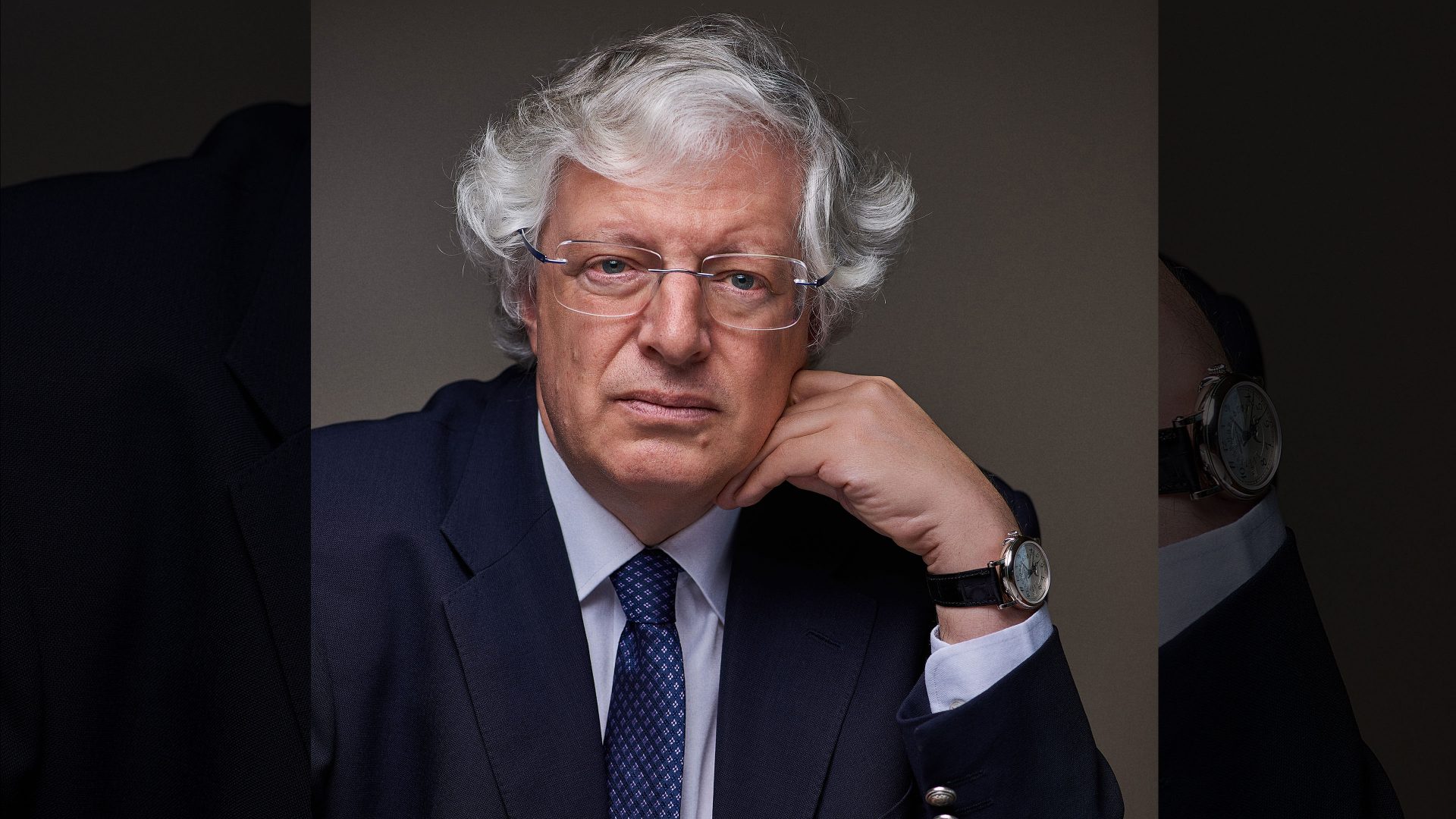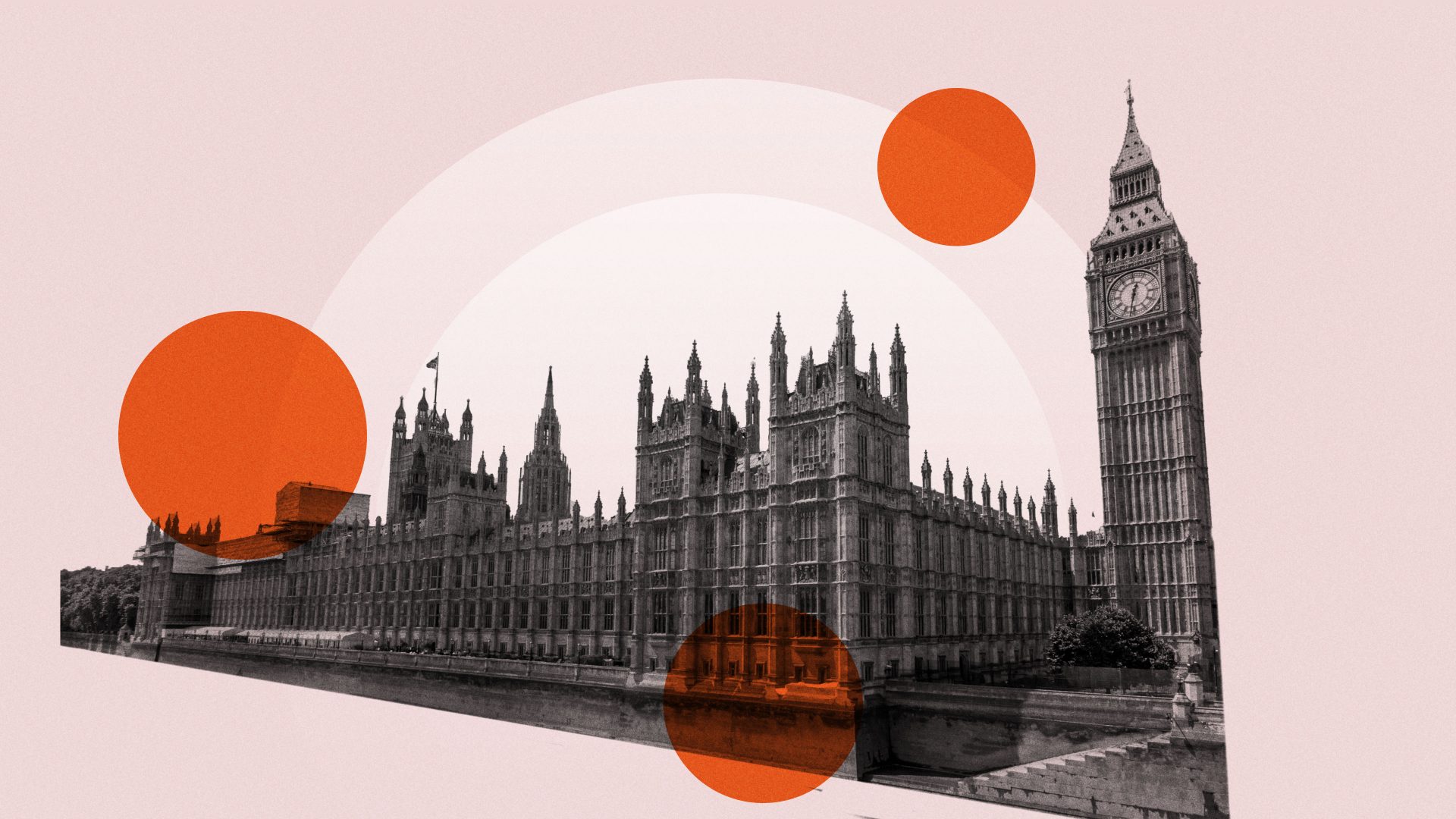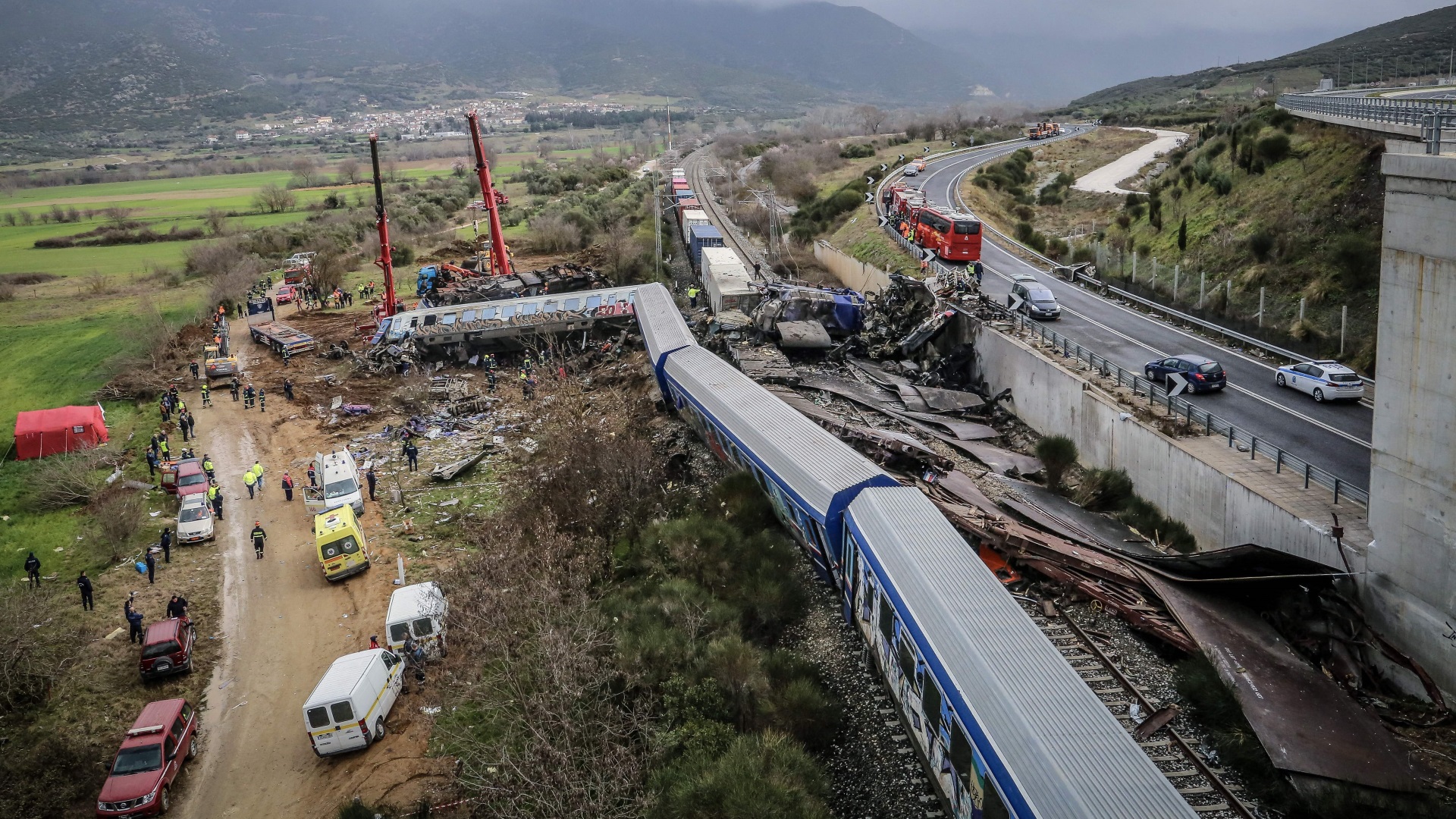In the minds of its creators and remaining champions, Brexit was a people’s uprising, built by the left-behind in a revolutionary strike against the elite. Guy Hands sees it somewhat differently.
“What Brexit was largely about was people at the top being able to employ the rest of the country for a lot less and pay a lot less tax,” he says.
Hands should know. He is one of those people at the top, a former Tory donor who is the founder and chair of Terra Firma, a private equity firm he founded. It has made him a multi-millionaire and one of the best-known figures in the British financial system.
He is also, rather unusually for a self-made man, perfectly aware of how lucky he has been, knows that very few people have had his chances, opportunities and backing, and he does not put his success down to just his own hard work and brilliance.
In the private equity sector – which seems to consist of people who think Cruella De Vil is some kind of woke do-gooder – this makes him unusual. But Hands is used to being that. In his mid-60s with a shock of white hair, he joined our Zoom meeting for this interview while wearing a bright green shirt covered with pictures of horses. It is, he explains, a mental health shirt from Australia, worn as a conversation starter on remote farms and outback ranches, where loneliness and mental health are major issues.
The business world has talked about Hands for years. A serial entrepreneur, he ran an art business at Oxford University, where he read PPE despite being severely dyslexic. He then moved into the City and made a fortune for several top banks before branching out on his own into the world of private equity, and making one for himself.
It has been a controversial career – Hands lives in the Channel Islands for tax reasons, was involved in a long-running court battle over his ownership of the record company EMI, and owns the Ministry of Defence’s housing stock, a deal the government has lost a fortune on and is keen to reverse.
But he has also emerged as an intriguing and informed critic of the whole Brexit mess. The situation is, he says, “completely nuts”.
That view is based on three things: his knowledge of just the kind of people who campaigned and fought for it; his investment strategy; and his dyslexia.
When it comes to investing, Hands said: “Excitement is almost the worst thing. You want things to be calm and predictable.”
Hands also believes that his dyslexia lets him see the world in a way that others can’t. “One of the advantages of being dyslexic is that you actually are brought down to earth every day with what normality really is. Which in my case means you can’t spell; you are reading slowly and you have to accept you are going to get things wrong. Well, that is what most people in the country have to deal with. If you are (James) Dyson you are brilliant, but most people are not Dyson. You have to run a country for the majority, not a few very, very intelligent people.”
It is easy, therefore, to see why Hands has little time for a Brexit that was designed to tear up the accepted order, risk the country’s future and benefit the ultra-rich.
This, he told me, is the key point about Brexit. It had very little to do with leaving the EU, but was instead the project of a few people who thought that they could transform the country into their own private fantasy.
“I thought Brexit was frankly completely nuts. It was an assumption that the British population would suddenly become New Singaporeans, and there is nothing in the character of the British [that is] similar to people in Singapore. It is just like night and day. The concept that Brits were going to suddenly start working 60-80 hours a week, were again going to have a saving ratio of 20% plus, were going to accept extreme discipline in society, is just not the way the UK is.”
In short, the libertarian right wing – callous and uncaring – who assumed they would always survive decided to press ahead, setting their own needs above those of the country itself. Then came Liz Truss. “One of the tragedies of Liz Truss was that people dismissed her as being incredibly stupid, whereas what she was saying is that the only way Brexit would work is to basically tear up the rule book and start again.
“Now, within a few weeks it was clear that was never going to happen, and the country would go bankrupt long before she was ever given the chance. But she was ideologically correct. That was the only way Brexit could work and it was quite ironic that a lot of Conservative ministers have tried to blame the civil service or the Remainers for the fact that Brexit hasn’t worked. But they don’t want to take responsibility for the fact that what they were trying to do was delusional.”
The backers of Brexit were, of course, always safe, but the voters had to be conned – and they were. “It’s all very well if you are a hedge fund manager living in St John’s Wood with 30 or 40 million in the bank. You can support Brexit because you can move your money anywhere in the world. But if you are a Cornish fisherman, you really need to be told the truth that after Brexit you are not going to get those subsidies from the European Union and you are not going to be able to sell your fish either. That was the truth, but no one was going to tell them that.”
This explains, in his view, why the supporters of Brexit were willing to destroy the UK’s place in the EU. “The whole concept of Brexit was: you took away the state and you let people sink or swim, and the view was that would create a very dynamic workforce. Of course, the workforce would become a lot cheaper, which again was one of the big things that people did not seem to understand.”
The reality is, says Hands, that could never have worked. As a result we now have the worst of both worlds. “The UK is a very bureaucratic society that does not have the ability to trade with its biggest market in the way it did beforehand. And we are finding ourselves having to compete with countries that don’t have a lot of state support for their people, and so the workforces we have to compare ourselves with are the very worst-treated and lowest-priced in the world. Whereas the countries that have good social support and good education, and high-paid workforces, will not trade with us unless we are willing to trade with them on the same terms. Which for the most part we don’t want to do, so we have to deal with trade tariffs and other ways of making it difficult for us to do business.”
Hands also tends to agree with Michael O’Leary, the boss of Ryanair, who says that in 10-15 years’ time the UK will be back in the single market. “I think we will end up going there,” says Hands. “The issue is how much damage will have been done to Europe as a whole by that time. Because while this is not good for the UK, it is not good for Europe either. The only people really benefiting are probably the Chinese.”
Meanwhile, the damage from Brexit continues. “Banking is now an international business. The City of London, the greatest banking centre in the world, is largely staffed with non-Brits. Now we are starting to lose the really highly skilled Europeans, Americans and Japanese, and they are relocating to Europe. You can argue that the tax system in the UK is slightly better, but it is not enough to attract someone to London rather than Paris or Lisbon.”
As a result, “We are losing our advantage. The UK is being torn apart from a banking perspective in a number of different ways. I would say the UK’s chance of regaining what it has lost is virtually zero. The question is how quickly does it lose more – or can it find a way to come to an agreement with the Europeans that means they don’t aggressively attack the banking industry in the UK?”
His worry is not that the City loses its lead as Europe’s banking capital, but what else will go at the same time. “What we forget is that it’s not really the banking system that matters. It’s actually the law firms, the accountancy firms, the consultants, it is the whole infrastructure that you need to support the banking system. It is death by a thousand cuts, and Covid means people are far more willing to work over Zoom calls than they were. London [will] become less and less important. It is very, very sad. It is an extraordinary own goal. We were doing so well.”
This should not come as a surprise to anyone. “A lot of Brexiteers say to me: ‘We can see how nasty they (the EU) are, now we are out. They are really, really nasty to us’. And I look at them and say ‘what did you expect?’
“Have you ever come across a couple that got divorced and one of them says ‘actually it was all my fault, she is a lovely woman. I was just an absolute shit’? Why do they think the French are suddenly going to love us because we divorced them? It’s complete insanity. I have actually thought the French have been quite mild-mannered for the French. I thought they would be far nastier than they have been.”
It all means the UK is now in decline. “There are things we can do about it, but they won’t change where we are going.”
Those things include becoming a “less aggressive country, and then maybe we can accept where we are going with a little more dignity and compassion. I think what we have lost over the last seven years, one of the saddest things is compassion.”
Britain, he says, “has frankly become rather nasty. Whether it is sending people to Rwanda, or attacking people who disagree with the government’s views, we have to go back to being less vengeful.”
This might have surprising results. “If we did that we might find that our productivity went up, that people got better outcomes and that we started to recover. I think it is much more likely that the British people can go back to bringing out their inner goodness, compassion and neighbourliness than we are going to become Singaporeans.”
But for that to happen, “we just need a few politicians to say we got it wrong. It is a bit of a mess, and we are going to have to work together to solve it’. But asking for that sort of politician today is like asking for pigs to fly.”




